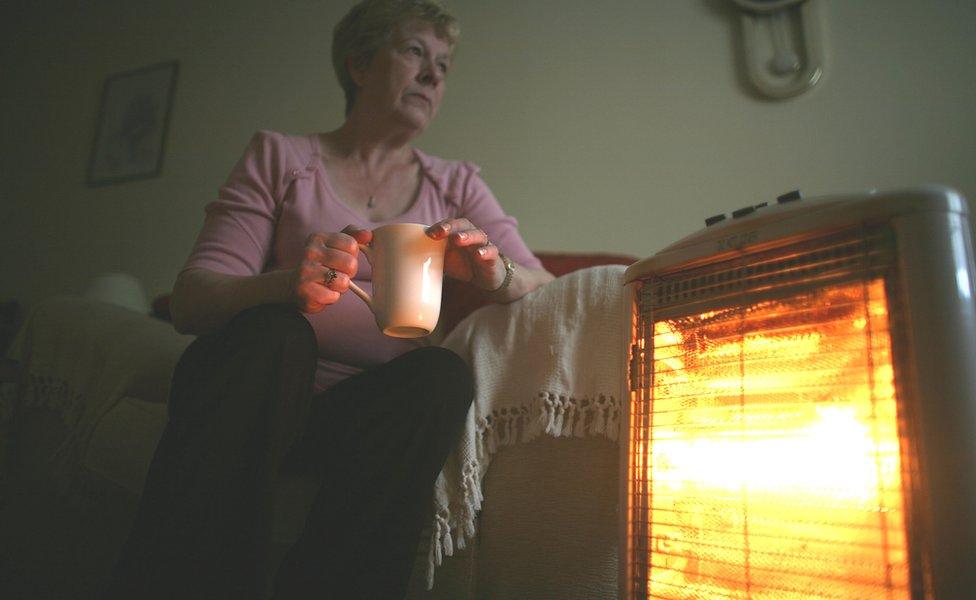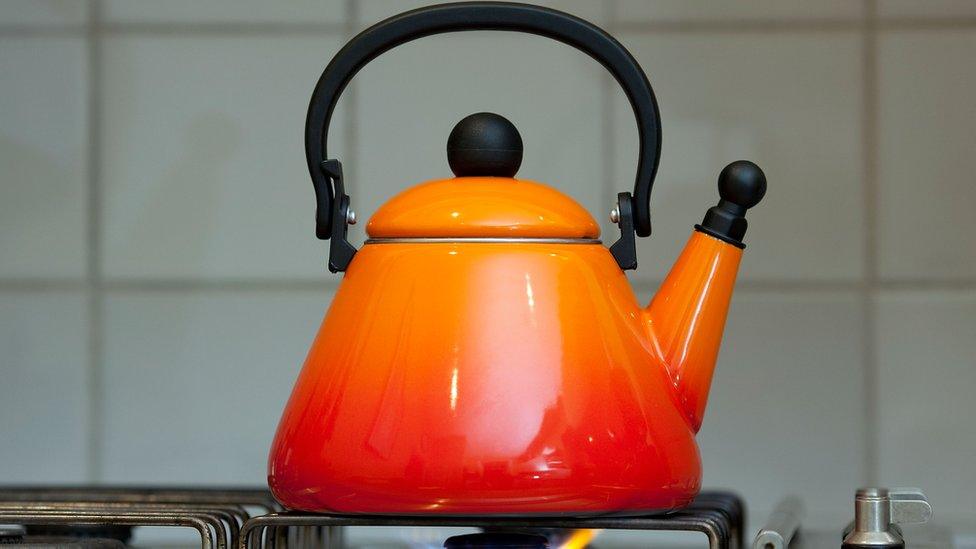Energy inquiry accused of 'turning the clock back'
- Published

A two-year inquiry into the energy market by the Competition and Markets Authority (CMA) has been accused of "turning the clock back" by MPs.
The CMA report recommended that price comparison websites should no longer be obliged to show deals on which they do not earn a commission.
Consumers would therefore be unable to see some of the cheapest deals available.
The CMA report was released on June 24, the day of the EU referendum result.
Angus MacNeil, the chairman of the Energy and Climate Change Committee (ECCC) said the CMA's recommendation would mean that price comparison sites would become advertising sites.
"This will lead to further consumer distrust of the whole edifice around energy," he said.
Luke Watson, the boss of a smaller supplier, GB Energy, joined in the criticism.
"To be really honest, I am quite staggered at that particular course of action."
Six small suppliers previously wrote to the energy secretary, Amber Rudd, to express their concern about the plans.
Citizens Advice
In response, Roger Witcomb, chair of the CMA's energy market investigation panel, said the job of price comparison sites was to provide better deals for customers.
He said they should do that by negotiating with energy suppliers, as currently happens in other markets.
"What we're doing is putting energy back where motor insurance and home insurance and broadband deals already are," he told MPs.
He said that Citizens Advice already runs a website which compares all the energy deals available.
"We only need one of those," he said.
In February 2015 a report by MPs, external on the ECCC criticised price comparison sites for "hiding" the cheapest deals. It said consumers who had been misled as a result should receive compensation.

Savings
The CMA report, external found that 70% of domestic customers using the big six suppliers were on expensive default variable tariffs.
As a result it said that such consumers could save £300 a year by switching. Overall consumers were paying £1.4bn more than they should be, a figure downgraded from the CMA's previous estimate of £1.7bn.
It recommended that:
Where customers had been on a default tariff for more than three years, their details should be given to rival suppliers, who could write to them offering a better deal
4 million pre-payment customers - who have limited access to competitive deals - should have their bills capped under a "safeguard tariff" until they are given smart meters
The rule limiting suppliers to four tariffs should be scrapped, to promote more competition
Companies which supply micro-businesses - those that employ fewer than 10 people - should be forced to be more transparent, by publishing their prices
Such customers should not be locked into expensive "roll-over" contracts
Martin Cave, a member of the CMA's energy panel, told the MPs that the inquiry should have recommended that fuel bills should be capped in the short term.
He was listed as a dissenter in the report.